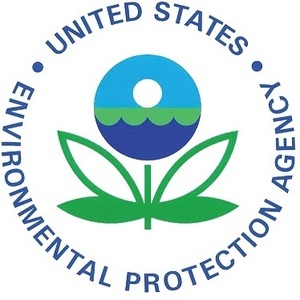US EPA: 40 SRE applications now pending for compliance year 2018

April 19, 2019
BY Erin Krueger
The U.S. EPA released updated data on small refinery exemption (SRE) petitions April 18, reporting that there are now 40 pending SRE applications for compliance year 2018, up from 39 pending as of March 28. No other changes were made to the agency’s SRE data.
As of April 18, 40 SRE applications have been filed for compliance year 2018. All 40 are still pending.
Advertisement
Advertisement
For compliance year 2017, 37 SRE applications have been filed. To date, 35 applications have been approved, with one declared ineligible or withdrawn and one application still pending. Together the 35 approved applications have exempted 17.05 billion gallons of gasoline and diesel from complying with renewable Fuels Standard blending requirements, accounting for 1.82 billion renewable identification numbers (RINs).
For compliance year 2016, the EPA has received 20 small refinery petitions, with 19 approved to date and one still pending. The 19 approved petitions have exempted approximately 790 million RINs, or 7.84 billion gallons of gasoline and diesel from meeting RFS blending targets.
Advertisement
Advertisement
For compliance year 2015, the EPA received 14 petitions. The agency approved seven petitions and denied six. One petition was declared ineligible or withdrawn. The seven approved petitions have exempted approximately 290 million RINs, or 3.07 billion gallons of gasoline and diesel from meeting RFS blending targets.
The EPA received 13 small refinery petitions for compliance year 2014. The agency approved eight petitions, but denied the remaining five. The eight approved petitions exempted 210 million RINs, or approximately 2.3 billion gallons of gasoline and diesel from meeting RFS blending targets.
For the 2013 compliance year, EPA received 16 petitions. The agency approved eight and denied seven. One petition was declared ineligible or withdrawn. The eight approved petitions exempted 190 million RINs, or approximately 1.98 billion gallons of gasoline and diesel form meeting RFS blending obligations.
Related Stories
The U.S. EPA on July 8 hosted virtual public hearing to gather input on the agency’s recently released proposed rule to set 2026 and 2027 RFS RVOs. Members of the biofuel industry were among those to offer testimony during the event.
The USDA’s Risk Management Agency is implementing multiple changes to the Camelina pilot insurance program for the 2026 and succeeding crop years. The changes will expand coverage options and provide greater flexibility for producers.
President Trump on July 4 signed the “One Big Beautiful Bill Act.” The legislation extends and updates the 45Z credit and revives a tax credit benefiting small biodiesel producers but repeals several other bioenergy-related tax incentives.
CARB on June 27 announced amendments to the state’s LCFS regulations will take effect beginning on July 1. The amended regulations were approved by the agency in November 2024, but implementation was delayed due to regulatory clarity issues.
SAF Magazine and the Commercial Aviation Alternative Fuels Initiative announced the preliminary agenda for the North American SAF Conference and Expo, being held Sept. 22-24 at the Minneapolis Convention Center in Minneapolis, Minnesota.
Upcoming Events










